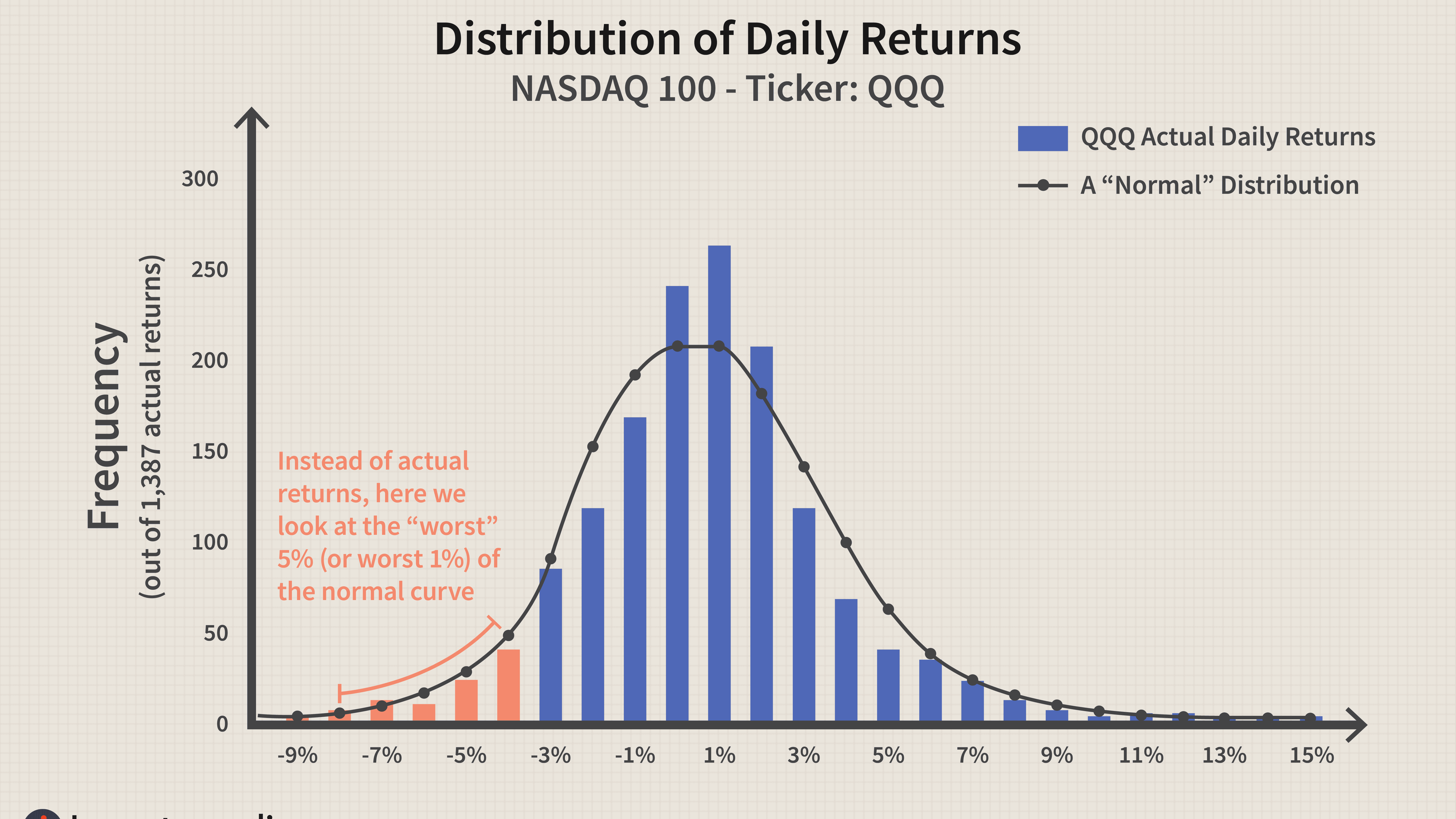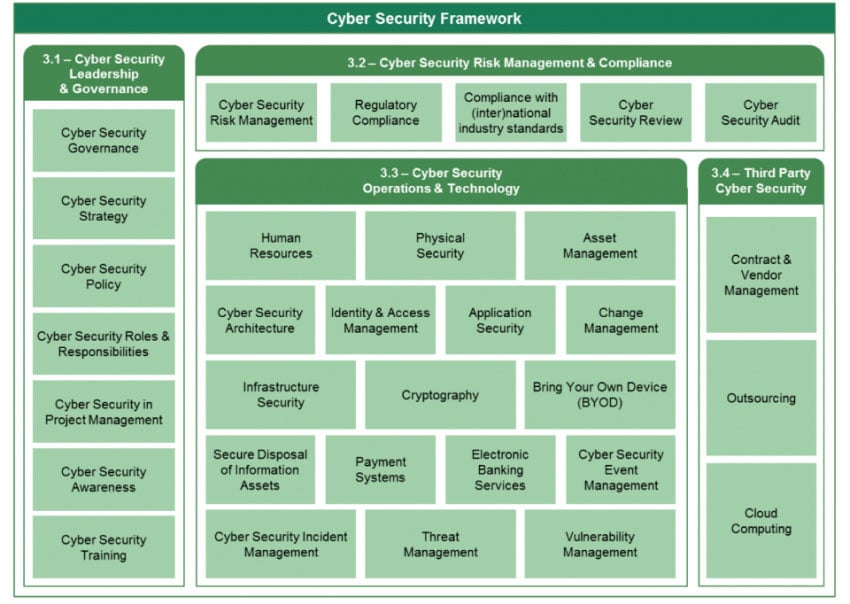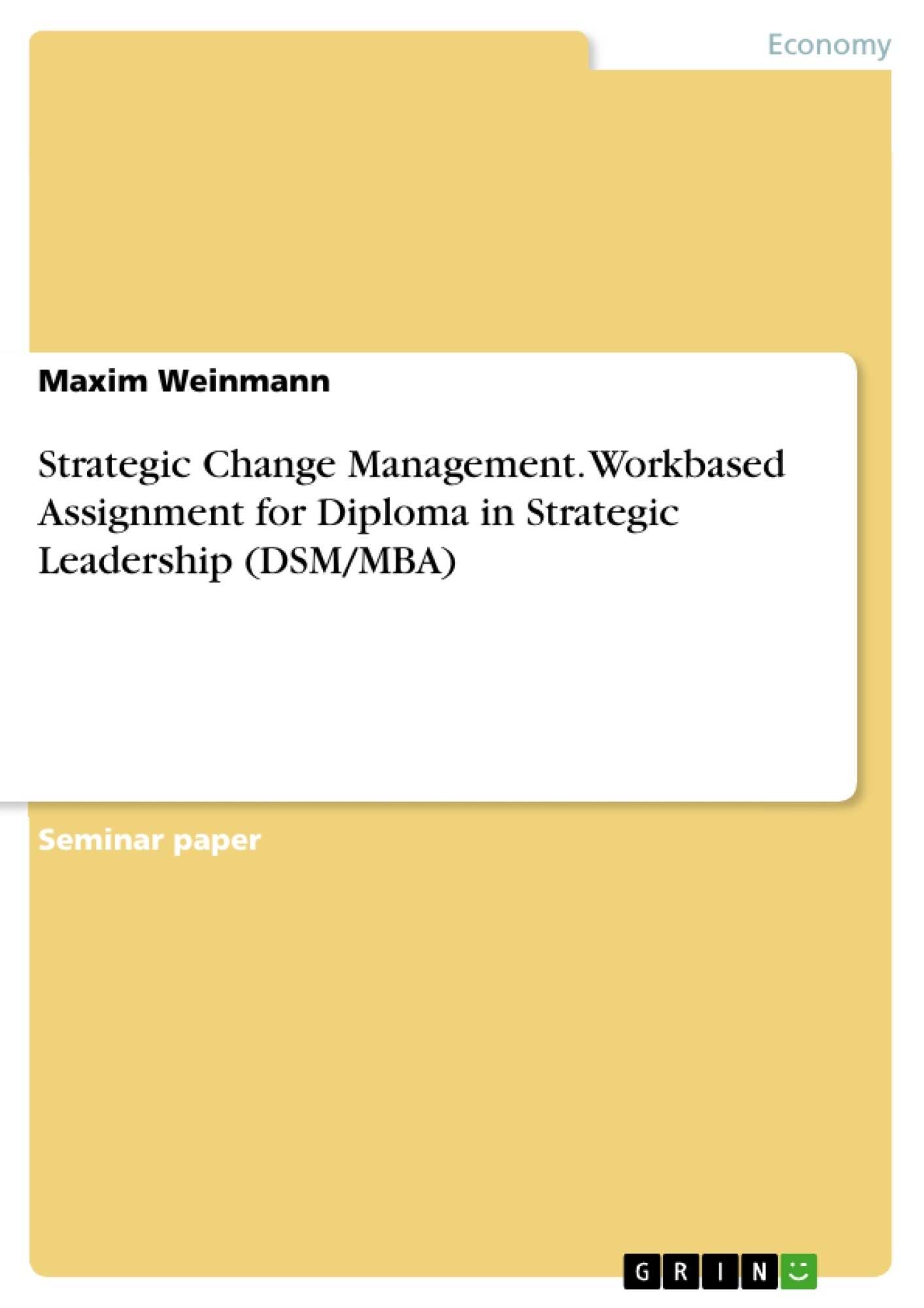
Management of economy is a discipline which applies economics on business problems. This book will teach readers the fundamental concepts, terminology and tools of this discipline. It will also improve the reader's intuition and decision making skills, and help them communicate with expert consultants and colleagues. Even those not interested in managerial economics will gain an understanding of the subject.
Multidisciplinary nature in managerial economics
Managerial economics is a broad term that combines theories and concepts of many disciplines to solve business problems. Its multidisciplinary nature makes it an adaptable field that can be applied to both businesses and government agencies. This branch of economics aims to bridge the gap between policy and economic logic.
Managerial economy is an important component of business administration. It is the integration of economic theories and multiple business activities. This includes decision-making, cost analysis, etc. These theories allow managers to make rational business decisions and ensure the organization's proper functioning.
The application of economics to solve problems in business
The application of economics to solve business problems is a key function of management. When deciding how to manage an organization, managers must take into account both macroeconomic and microeconomic factors. Firms may be motivated by environmental concerns to reduce pollution and protect water and other natural resources. National laws that address issues such as consumer rights, labor laws, product labels, and advertising guidelines must be adhered to by businesses. Management economics applies economic principles to these issues in order to make sound decisions for the business and its shareholders.

Management economics examines the effective use and allocation of scarce resources within an organisation. It helps managers make informed decisions about customers, suppliers, and other aspects that affect the firm's internal operation. The study of managerial economics involves the use of statistical and analytical tools that will allow managers to make better decisions.
Management economics: Tools
Applied managerial economics is concerned with the analysis of business decisions. These tools include optimization techniques, statistics, and other tools that allow managers to make informed business decisions. This framework also integrates a conceptual framework that bridges between economic theory & practice. These tools can help businesses and organizations make better business decisions.
Along with helping businesses make smart decisions about pricing, capital allocation, and production planning, managerial economics can also provide insight into cost analysis as well as production analysis. These tools allow managers to decide how to best use their resources to satisfy consumer demand and maximize profits. This helps managers identify the external factors that have an impact on their bottom line, and allows them strengthen their market position.
Principles
The fundamental principles of economic management are the rules that govern an entire economic system. They aim to balance private and public interest and maximize economic activity's social efficiency. These principles are based on the concept of the market economy and should be appropriate to a particular country's economic model and peculiarities. They should aim to increase economic activity efficiency.
These principles apply to businesses that sell goods and/or services. These enterprises make their decisions based on behaviors and factors that can influence their choices. A consumer can be a person, an organisation, or governmental agency that buys an item or service. The product/service can be either a physical item, a file digitally, or a combination of both.

Methodologies
Methodologies for managing economics allow decision-makers to analyze economic phenomena and then use these findings to guide economic policy. The amount of numerical data that can now be analyzed has grown with the advent of information technology. Managers can interpret and manage quantitative data to aid in economic decision-making. These methods can also be applied to many other fields. In fact, many business theories rely on quantitative analysis.
These economic theories can be used to help managers decide the right price for a product and where to purchase it. They also provide insight into how to market the product and how to reach the target audience. They also help business owners determine employment and training policies and analyze opportunities for further investment.
FAQ
What kind of people use Six Sigma?
People who have worked with statistics and operations research will usually be familiar with the concepts behind six sigma. However, anyone involved in any aspect of business can benefit from using it.
It requires high levels of commitment and leadership skills to be successful.
What are the main four functions of management
Management is responsible for organizing, managing, directing and controlling people, resources, and other activities. It also includes developing policies and procedures and setting goals.
Management is the ability to direct, coordinate, control, motivate, supervise, train, and evaluate an organization's efforts towards achieving its goals.
The four main functions of management are:
Planning - Planning refers to deciding what is needed.
Organizing is the act of deciding how things should go.
Directing - Directing means getting people to follow instructions.
Controlling: Controlling refers to making sure that people do what they are supposed to.
How can we create a culture of success in our company?
Successful company culture is one where people feel valued and respected.
It is founded on three basic principles:
-
Everybody can contribute something valuable
-
Fair treatment of people is the goal
-
Individuals and groups can have mutual respect
These values are reflected by the way people behave. For example, they will treat others with courtesy and consideration.
They will respect other people's opinions.
They will also encourage others to share their ideas and feelings.
In addition, the company culture encourages open communication and collaboration.
People can freely express their opinions without fear or reprisal.
They know that they will not be judged if they make mistakes, as long as the matter is dealt with honestly.
Finally, the company culture promotes integrity and honesty.
Everyone is aware that truth must be told.
Everyone understands there are rules that they must follow.
Nobody expects to be treated differently or given favors.
What is TQM?
The industrial revolution was when companies realized that they couldn't compete on price alone. This is what sparked the quality movement. They had to improve efficiency and quality if they were to remain competitive.
Management realized the need to improve and created Total Quality Management, which focused on improving all aspects within an organization's performance. It included continual improvement processes, employee involvement, customer satisfaction, and customer satisfaction.
How does a manager develop his/her management skills?
It is important to have good management skills.
Managers must monitor the performance of subordinates constantly.
You should immediately take action if you see that your subordinate is not performing as well as you would like.
It is essential to know what areas need to be improved and how to do it.
How do you effectively manage employees?
Effectively managing employees requires that you ensure their happiness and productivity.
It also means having clear expectations of their behavior and keeping track of their performance.
To do this successfully, managers need to set clear goals for themselves and for their teams.
They should communicate clearly with employees. They need to communicate clearly with their staff.
They also need to keep records of their team's activities. These include:
-
What was accomplished?
-
How much work was done?
-
Who did it, anyway?
-
It was done!
-
Why?
This information is useful for monitoring performance and evaluating the results.
How can a manager motivate his/her staff?
Motivation is the desire for success.
Enjoyable activities can motivate you.
Or you can get motivated by seeing yourself making a contribution to the success of the organization.
If you are a doctor and want to be one, it will likely be more rewarding to see patients than to read medical books every day.
The inner motivation is another type.
One example is a strong sense that you are responsible for helping others.
Perhaps you enjoy working hard.
Ask yourself why you feel so motivated.
You can then think of ways to improve your motivation.
Statistics
- The profession is expected to grow 7% by 2028, a bit faster than the national average. (wgu.edu)
- This field is expected to grow about 7% by 2028, a bit faster than the national average for job growth. (wgu.edu)
- The BLS says that financial services jobs like banking are expected to grow 4% by 2030, about as fast as the national average. (wgu.edu)
- Hire the top business lawyers and save up to 60% on legal fees (upcounsel.com)
- The average salary for financial advisors in 2021 is around $60,000 per year, with the top 10% of the profession making more than $111,000 per year. (wgu.edu)
External Links
How To
How do you get your Six Sigma license?
Six Sigma is a quality control tool that improves processes and increases efficiency. It's a methodology that helps companies achieve consistent results from their operations. Named after the Greek word for "sigmas", the name refers to the first two letters. Motorola developed this process in 1986. Motorola recognized the need to standardize manufacturing processes in order to produce better products at a lower cost. Due to the different workers involved, there was a lack of consistency. They decided to use statistical tools like control charts and Pareto analysis to solve the problem. Then, they would apply these techniques in every area of the operation. After applying the technique, they could make improvements wherever there was potential. The Six Sigma certification process involves three major steps. Find out if you are qualified. You will need classes to pass before you can begin taking tests. You can then start taking the tests once you have completed those classes. The class material will be reviewed. Then, you'll be ready to take the test. If you pass, you'll get certified. And finally, you'll be able to add your certifications to your resume.